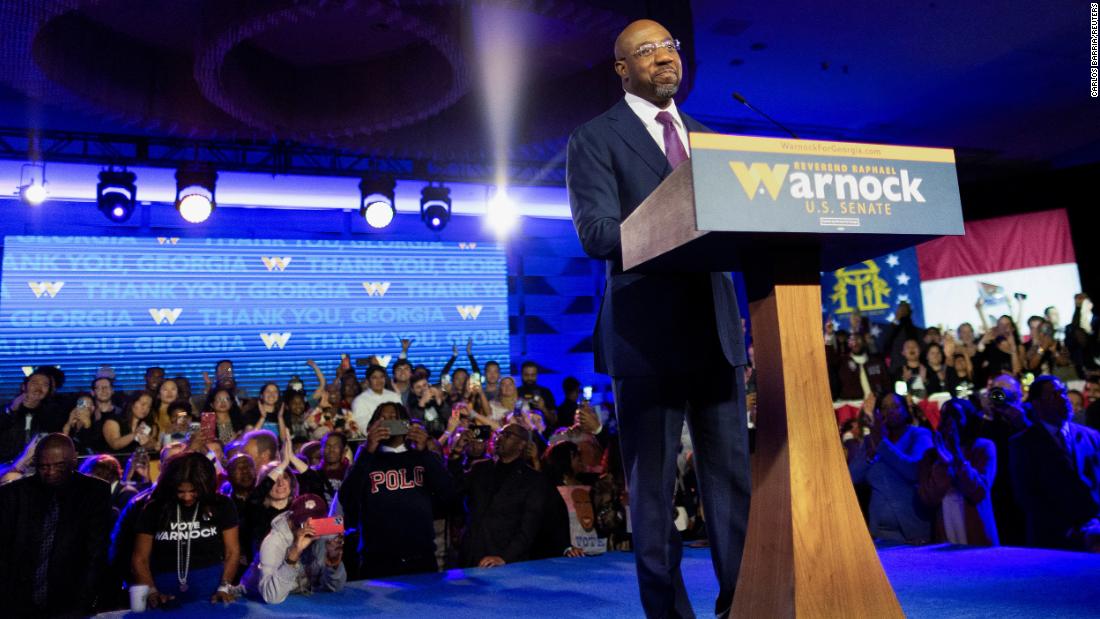North Carolina Raise The Age Committee To Submit Final Report On Martin Luther King Jr.’s Birthday
North Carolina’s Juvenile Justice Committee will submit a final report to the state on Martin Luther King's Birthday, January 15. The committee details their progress implementing state juvenile justice changes passed in 2019 and provides recommendations for funding and future legislation in the report, now available online.

North Carolina’s Juvenile Justice Committee will submit a final report to the state on Martin Luther King’s Birthday, January 15. The committee details their progress implementing state juvenile justice changes passed in 2019 and provides recommendations for funding and future legislation in the report, now available online.
Before 2019, North Carolina was the only state in the nation to prosecute 16-year-olds as adults, but as “Raise The Age” was implemented in North Carolina, those alleged to commit crimes that are as old as 19 years old can now face trial as juveniles and 16 and 17-year-olds can no longer automatically be charged as adults.
To help implement this change to the juvenile justice system and help get the system ready for an influx of cases and juveniles entering juvenile detention, North Carolina’s Juvenile Jurisdiction Advisory committee was created.
The committee will submit its final report on Martin Luther King’s birthday, who was a strong advocate for criminal justice reform.
The juvenile justice system struggles with widespread racial disparities, and a 2019 study showed Black youth four times as likely to be detained or committed in juvenile facilities as their white peers
Although North Carolina’s Juvenile Jurisdiction Advisory committee has documented progress during the last three years of its advocacy and work preparing the juvenile system for an influx of young people who would previously be charged as adults, the state’s juvenile detention centers have also reported severe staffing shortages and overcrowding.
In a December meeting, the committee heard from William Lassiter, the deputy secretary of juvenile justice, who spoke about staffing shortages coinciding with over-capacity facilities.
North Carolina facilities recorded a 133 percent increase in the number of children in juvenile detention centers since Raise The Age took effect.
The Raise the Age initiative has already impacted youth justice outcomes: complaints against young people have dropped from 24,000 in 2018 to 18,349 by 2022, according to Kimberly Quintus, director of the implementation of the Juvenile Justice Reinvestment Act at the NC Department of Public Safety.
The committee proposed continuing their work with a funding amount of $9.8 million in the 2024 Fiscal Year and $8.7 million in Fiscal Year 2025 to include additional beds in juvenile detention and youth development centers.
They also proposed $110,000 to the Office of the Juvenile Defender for a full-time employee, $298,885 to the Conference of District Attorneys for two full-time employees, and an annual allocation of $4,667,814 to address state court staff shortages.
The report also recommended a statutory change clarifying the indictment process for 16 or 17 years old at the time of the criminal offense.
Although experts have pointed out the effectiveness of Raise the Age laws in driving down arrests and detention of youth under 18 in states like New York, some are still skeptical of its implementation.
The Manhattan Institute recently released a report by W. Dyer Halpern, an attorney and former Chief in the Bronx District Attorney’s Office, arguing that New York State’s 2017 “Raise the Age” legislation has been an obstacle for dealing with youth violence.

 Landwebs
Landwebs 






















